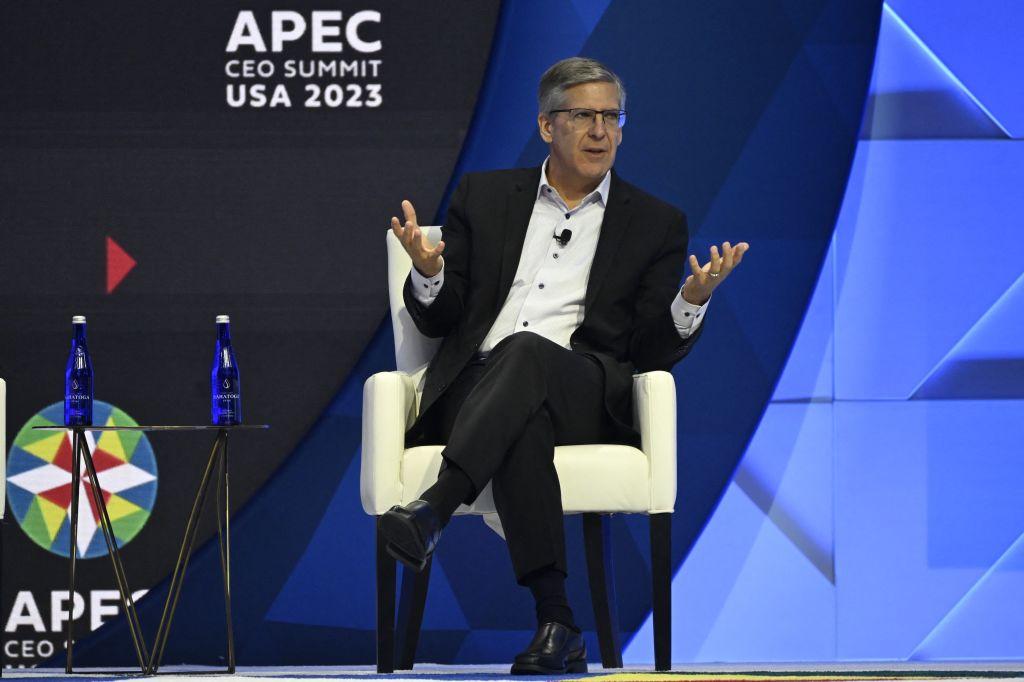Global consultancy PriceWaterhouseCoopers (PwC) has defied a request from the Australian parliament for a copy of its investigation into a tax leak scandal that occurred in 2015. This defiance has led one senator to characterise the company’s global chairman, Bob Moritz, as “Dr. No.”
At the time, PwC adviser Peter Collins was helping the Australian government design tougher multinational tax laws, while at the same time using the information he gained through the work to email secret information to colleagues, who would later use it to help clients in Australia and the United States avoid tax, and make millions of dollars for themselves.





